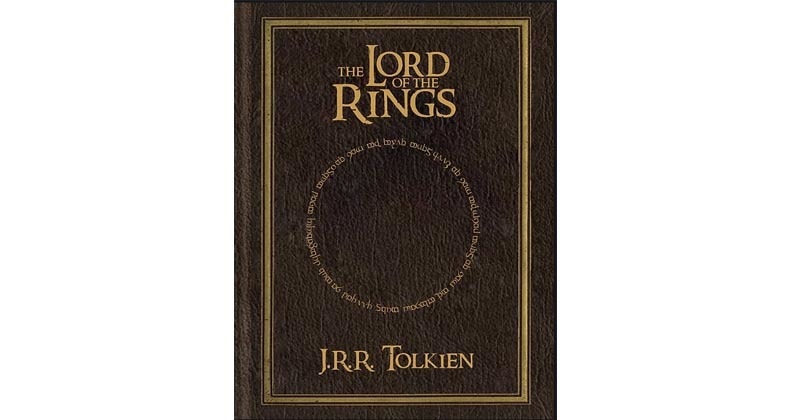8 Reads to Somewhat Help With Self-Isolation
Welcome to your own homes. Look at the walls. The doors. The ceiling. And behold, the details you were too busy to notice before. I am sure all of us and a thousand more have made some startling discoveries during this enforced isolation. Today, however, let’s turn to mankind’s best friend - books - and rediscover their wonder and magic to tide us over in these dark days.
1. Brand Failures (Matt Haig)

Let’s face it - other people’s successes are no fun. We are chock-a-block full of success stories - aspirational tales of people like Gates, Jobs, Musk, Welch, and companies like Apple, GE, GM, Microsoft and Toyota. Deep down, we know there is a reason these examples are few - it takes an unfathomable amount of luck to make it big at that level. Instead, let’s revel in schadenfreude. This book is a direct and wonderful account of brand failures that are not only fun to read, they have some invaluable lessons for all marketers out there. Sometimes the best lessons learnt are from failures and not successes.
2. Lord of the Rings (J R R Tolkien)

You read that right. The films are incredible and incredibly faithful to the books, yet if you want to while away a week or two immersed in a fantasy world, lost in a rich cast of characters in an epic tale about standing up to tyranny and oppression, interspersed with a bromance, romance, war and fantasy, this is the real deal.
3. Station Eleven (Emily St John Mandel)

The world has ended thanks to a terrible contagion (err... okay). The few survivors are living inside the last remaining signs of civilisation - airports, malls, stations, deserted buildings. They live in communities to protect themselves against feral wildlife and other humans out to grab all their resources. So far, so apocalyptic and predictable, right?
4. How the Mighty Fall (Jim Collins)

Continuing our merry ride through the hall of shame, we chance upon on this work by corporate demigod Jim Collins. This book is an account of companies that suffered existential crises as a result of catastrophic failures. The biggest takeaway from this book is that failure begins when you are at the top of your game. Don’t ignore the warning signs!
5. The Hunger Games Trilogy (Suzanne Collins)

From one Collins to the other. By now, the phrases “Let the games begin” and “May the odds be ever in your favour” have entered pop culture territory thanks to this immensely popular series. However, I would still argue that the rich tapestry of possibilities laid out by the stark text contained in these pages means that the worlds created inside our minds beats the one on the silver screen every time.
The story is a post-apocalyptic vision of the future where mankind is divided into classes according to their skills, all serving the Capitol which rules with an iron fist and holds the Hunger Games every year. It is an allegory of capitalism and at times could not have been more literal. The Games themselves are a gamified ritual of child sacrifices which end up becoming the entertainment fodder for the masses. Now that I think about it, the books are also an allegory about show business.
6. Seveneves (Neal Stephenson)

The moon splits into seven pieces which fall and collide with each other until the moon is nothing more than a collection of asteroid-sized rocks which start falling down and killing most of life on Earth. The book is huge in scope, exacting in detail and prophetic in prediction. It is ‘hard science fiction’ because the story relies on current technology, rather than anything far fetched. The engineering details may grate, but you know what? You won’t remember anything else and that is the best part!
7. Haalim (Nimra Ahmed)

Ahmed is a well known writer of Urdu literature and falls on the right side of the ‘popularity versus literary merit’ debate. So what if something is popular and published in a periodical? If it is good, then it is good. Ask Stephen King, who is still haunted by his lack of recognition as a bona fide writer because of his genre. Haalim is a complex story about a young woman who works as a con artist in Malaysia and who has the gift of being able to see into the future. As the story progresses, Haalim gets entangled with the family of a politician and discovers her past. Her book is all at once political thriller, spy fiction, fantasy, mystery, romance, adventure - you name it - and the final payoff is worth it. I have yet to read another novel like this in Urdu.
8. The Bastard of Istanbul (Elif Shafak)

Am I the only one who thinks that Eastern fiction has become way more interesting than Western fiction? I stumbled across this book because everyone on social media was talking about it (never a good sign). But this book had me at the first line. It is the story of a young girl living in modern day Turkey. The story slowly expands to fill up her past, present and future as well as that of her mother and family. There is a magical fairytale touch to the writing, the characters are exceptionally well developed, and the language is a delight to read. Very rarely have sentences come across to me as DELICIOUS, or have made me twitch in ecstasy as I read them (please read the book, don’t look at me like that). The best books are where you enjoy every part of the journey, not just the payoff, and this is one of those books.
Talha bin Hamid is an accountant by day and an opinionated observer of pop culture, an avid reader, a gamer and an all-around nerd by night. talhamid@gmail.com.



Comments (0) Closed